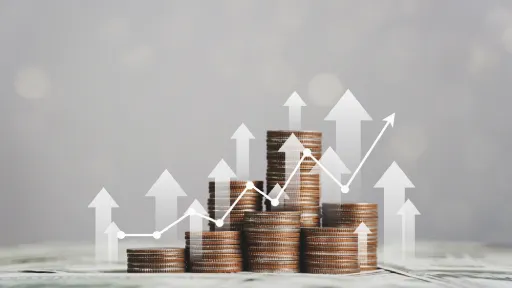Understanding what does your credit score start at is crucial in today’s financial landscape where creditworthiness influences many aspects of life, from securing loans to renting an apartment. Your credit score acts as a numerical snapshot of your credit health, guiding lenders on your reliability. But before diving into the factors that affect it, you might wonder: what exactly does your credit score start at, and how can you influence this number to achieve better financial freedom?
What Does Your Credit Score Start At? An Overview
Your credit score does not start at zero or any other arbitrary point. In fact, when you first begin building credit, you usually have no credit score at all. This is because credit scores are generated by credit bureaus only after there is enough credit history to evaluate. Different credit scoring models have varying starting points and scales, but the most common, FICO scores, range from 300 to 850.
Initial Credit Scores: Do They Exist?
Technically, your credit score begins to take shape once you establish your first tradeline—such as a credit card or loan—and the lender reports your activity to the credit bureaus. Until then, you have no score because there is no data to assess. So, rather than starting at a default number, new consumers start with no credit file, often labeled as “no score” or “no credit history.”
Common Credit Score Ranges
- 300-579: Poor Score – High risk to lenders
- 580-669: Fair Score – Some risk
- 670-739: Good Score – Acceptable to most lenders
- 740-799: Very Good Score – Low risk
- 800-850: Excellent Score – Lowest risk
As you can see, credit scores never start at 0 but at the minimum 300 when a report is created. The absence of a score signifies the absence of data rather than a poor credit standing.
How Is Your First Credit Score Determined?
When your credit score is initially calculated, credit bureaus analyze several factors based on your reported financial behavior. Key elements that influence your initial credit score include:
- Payment History: Timely payments on your first and subsequent financial accounts.
- Credit Utilization: Amount of credit used compared to your credit limit.
- Length of Credit History: How long your credit accounts have been open.
- Types of Credit: Mix of installment loans, credit cards, and other credit types.
- New Credit: Recent applications and inquiries into your credit.
Even when you’re just starting, making on-time payments and keeping balances low can build a positive credit profile that leads to a higher initial credit score.
Why Does Understanding What Does Your Credit Score Start At Matter?
Knowing that your credit score starts with no score rather than a low score can relieve anxiety for first-time borrowers. It emphasizes the importance of building credit responsibly from scratch and dispels misconceptions that you begin with a “bad” score by default. Financially, starting without a credit score means lenders may require additional validation like co-signers or higher interest rates until you establish your own history.
Steps to Start Building Your Credit Score Positively
Since what does your credit score start at depends on your initial financial activity, here are actionable steps to start your credit journey on a strong note:
- Open a Secured Credit Card: Backed by a deposit, it’s easier to qualify and can build credit fast.
- Become an Authorized User: Piggyback on someone else’s good credit history.
- Make Timely Payments: Always pay bills on or before the due date.
- Keep Credit Utilization Low: Use less than 30% of your credit limit.
- Limit New Credit Applications: Avoid multiple inquiries which can lower your score.
Implementing these strategies helps your credit data grow positively, transforming your “no score” status into a healthy credit score.
Common Myths About Credit Score Starting Points
- Myth 1: Your credit score starts at 0. (Reality: No score exists until credit activity is reported.)
- Myth 2: Everyone starts with the same credit score. (Reality: Starting points vary depending on credit reporting.)
- Myth 3: Having no credit score is bad. (Reality: It’s simply neutral—it means you have no history.)
Conclusion
In summary, what does your credit score start at is a question that highlights the importance of credit data and history in shaping your financial opportunities. Since your score technically begins when you start engaging with credit and is not assigned arbitrarily, the power lies in your hands to build it responsibly. Starting with awareness and healthy habits will pave the way for a strong credit future, unlocking better loan terms, higher credit limits, and financial peace of mind.


